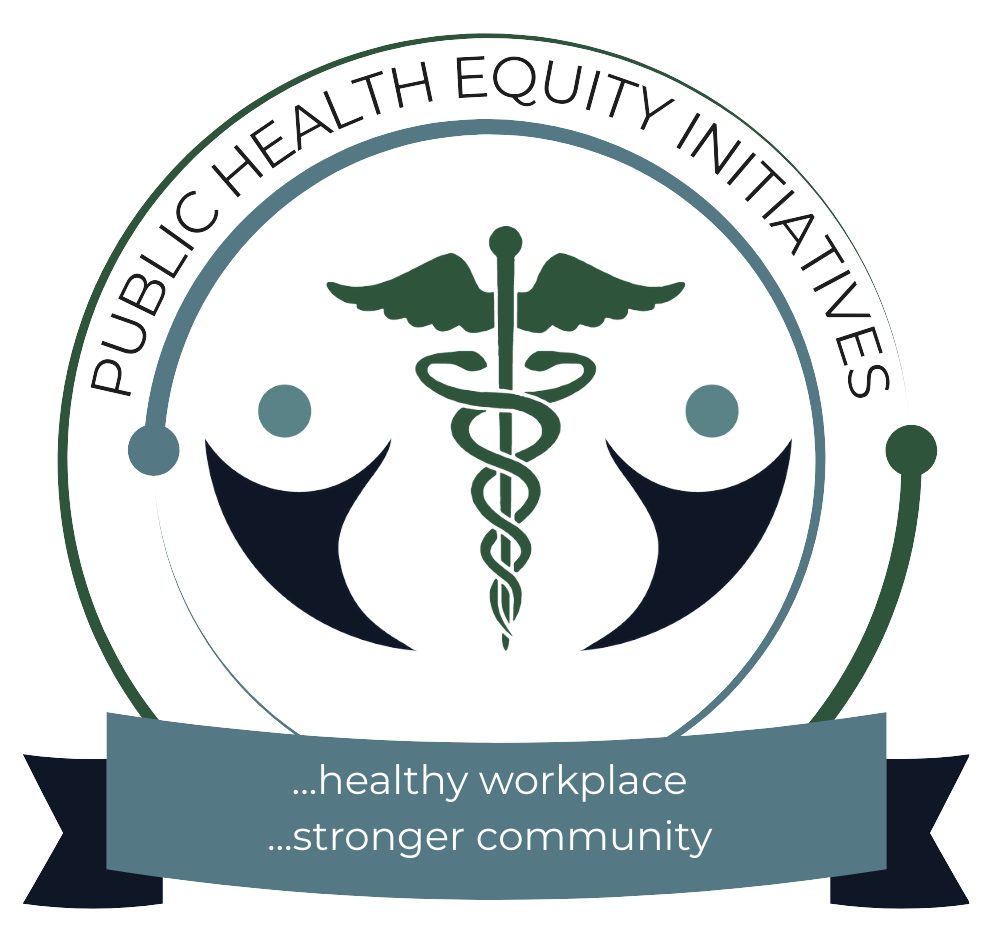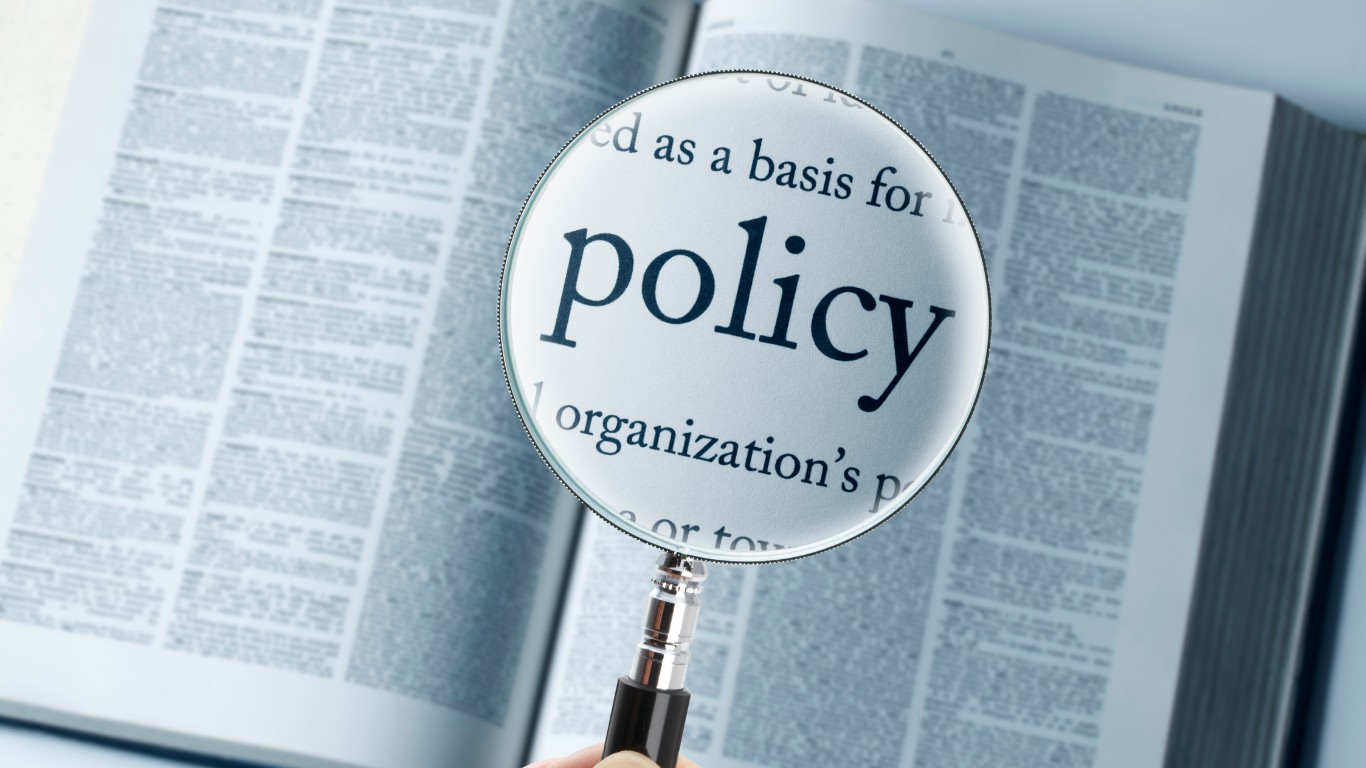Welcome to Day 3 of Digital Health Equity Week!
So far, we’ve talked about the everyday conditions that shape our health (Day 1) and how to make workplaces safer and healthier (Day 2).
Today, we turn to something that often gets less attention but is just as important, our mental health and wellbeing.
Why Mental Health Matters in Work and Life
Mental health isn’t only about serious conditions, it’s about how we cope with daily challenges, handle stress, stay motivated, and connect with others. Good mental wellbeing helps us:
- Stay focused and productive in our work
- Make better decisions under pressure
- Maintain good relationships with colleagues, family, and community
- Bounce back more easily from setbacks
But in informal workplaces, like markets, small shops, or community businesses, mental health often gets overlooked. Long hours, unpredictable income, and lack of formal support can add pressure. On top of that, stigma around talking about mental health can stop people from seeking help.
Common Challenges in Informal Workplaces
Stress from financial instability – worrying about daily sales or fluctuating income
Exhaustion from long hours – little time to rest or recover
Isolation – feeling like you have to manage struggles on your own
Unsafe or demanding conditions – which increase both physical and emotional strain
Stigma – fear of being judged if you admit you’re struggling
The truth is, mental health is health. Caring for it is not a weakness, it’s part of staying strong and able to work.
Simple, Practical Ways to Boost Mental Well being
You don’t need big budgets or professional training to take care of your mental health. These small steps can make a real difference:
1. Take Small Breaks
Even 5 minutes away from your stall, desk, or workspace can reset your mind. Stretch, walk around, or simply sit quietly.
2. Talk and Connect
Share your worries with a friend, fellow trader, or family member. Talking reduces stress and reminds you that you’re not alone.
3. Practice Calm Breathing
Take slow breaths in and out when you feel overwhelmed. It helps calm your body and mind quickly.
4. Organise Your Day
Break down tasks into smaller goals. Instead of focusing on everything at once, tick off one thing at a time.
5. Eat and Rest Well
Skipping meals or pushing through exhaustion makes stress worse. Carry small, healthy snacks and aim for regular rest.
6. Build a Support Network
Check in with others at work. Even simple acts like asking “How are you today?” can build trust and reduce isolation.
Reducing Stigma Around Mental Health
One of the biggest barriers is silence. Many people don’t talk about their mental health because they fear being judged. You can help reduce stigma by:
- Treating mental health like physical health both need care
- Listening without judgment when someone shares how they feel
- Sharing your own experiences to normalize the conversation
- Encouraging others to take breaks and look after themselves
Remember: mental health is not a private issue, it’s a community issue. When people are mentally healthy, communities are stronger and workplaces thrive.
Takeaway for Day 3
Your mental health matters just as much as your physical health. By taking small, daily actions, you can improve your well being and create a more supportive environment for others.
Today, try this:
- Take one mindful break
- Talk to someone about how you’re feeling
- Share one simple well being tip with a colleague or friend
Join the conversation online! Share your tips, stories, or questions about mental well being. Let’s build supportive spaces where everyone feels safe, valued, and healthy.








